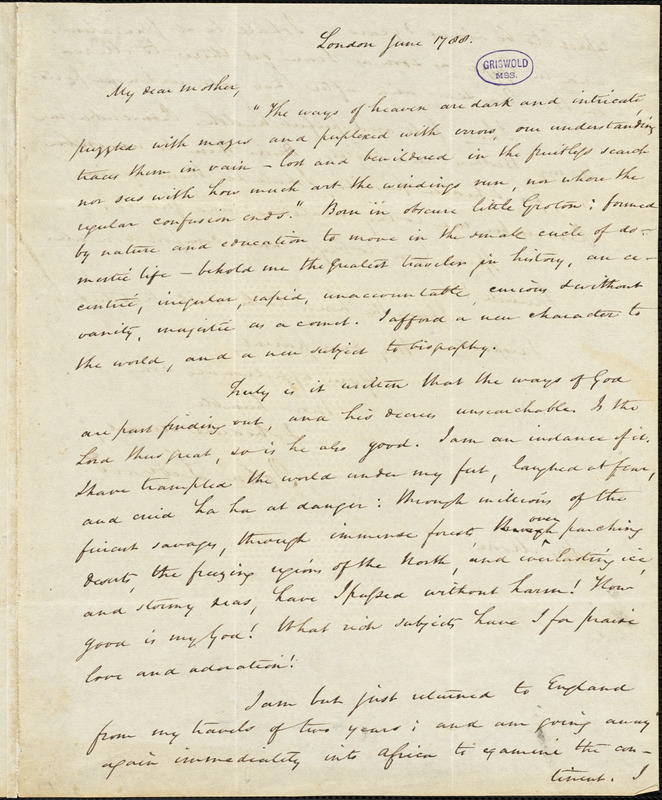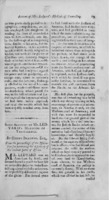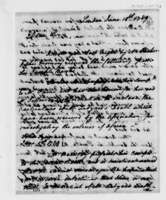American Ideal
Ledyard arrived in London in May of 1788, almost two years after his hopeful departure. Meeting with Sir Joseph Banks, he was engaged by the Association for Promoting the Discovery of the Interior Parts of Africa, or the African Association. With much of the Pacific being mapped and the increased exploration of the Pacific Coast of America, they were turning their attention to the other great unmapped by Europeans continent, Africa. Ledyard would die there, after his self-treatment for stomach pain, an emetic that probably killed him.[1]
John Ledyard is not a household name, and only sporadically written of. Yet in his lifetime he was connected to some of the great minds of his day. In spite of only succeeding under Cook, he convinced people to subscribe to not one but two highly perilous ventures in the name of knowledge. His family considered publishing a biography after his death and chose not to in order to protect the family reputation, yet some of his correspondence on Russia was published and republished.
Ledyard lived in a surprisingly connected world. His admission to Dartmouth was due to family connections, as was his first sea voyage. The respect he earned by sailing with Cook opened many doors to him, and those connections led him across continents. An study of the ties and networks of both those who financed voyages and travels and the network of those who conducted them would be of interest, including the role of nationality. Would Cook have accepted Ledyard had he been a citizen of the United States instead of a colonist? Why did so many end up in the employ of other nations?
Ledyard worked within empires, while becoming solidly an American figure. He gained fame through the British Empire, as well as sponsorship for his travels, and traveled in the Russian Empire. His goal of crossing the North American continent alone and on foot was quixotic, yet still a part of the young United States working through how to interact with the wider world and start thinking about what “empire’ meant to it.
Gray, Zug and Munford all credit Ledyard with inspiring various real and fictional adventure stories, such as William Henry Dana and his Two Years Before the Mast and Melville’s writings. Researching Ledyard and the available literature on him leads to the questions of travel writing and its impact on identity and the changes in travel writing as the nation matures.
[1] Thomas Paine to Thomas Jefferson, June 16, 1789. The Papers of Thomas Jefferson Digital Edition, ed. James P. McClure and J. Jefferson Looney. Charlottesville: University of Virginia Press, Rotunda, 2008–2020. and https://rotunda.upress.virginia.edu/founders/TSJN-01-15-02-0200


